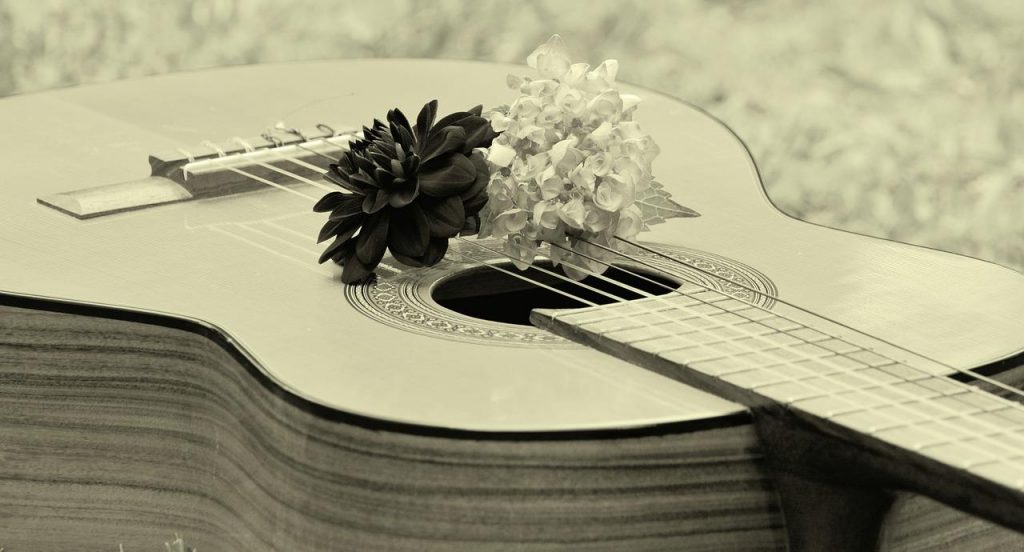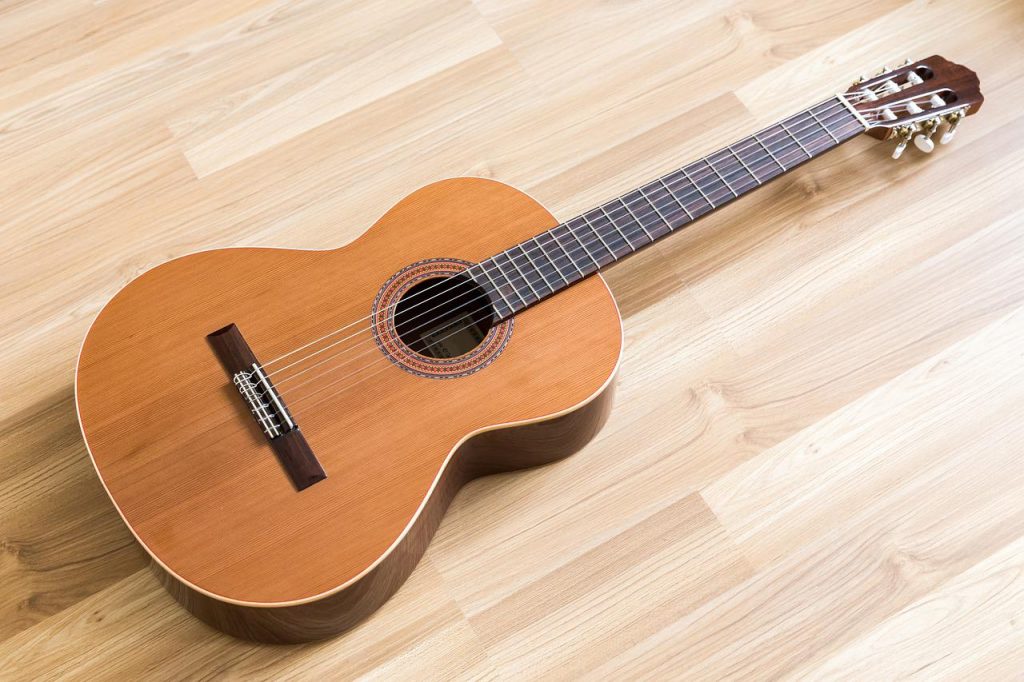When playing a chord with strings that are not meant to be played, guitarists generally mute undesired strings. Utilizing your free finger on the gripping hand is an excellent way to accomplish this. When you just start playing guitar, how to mute guitar strings is the last thing on your mind. However, as you progress further into the game. You want to emulate the sound of your favorite guitarists. Just a soft touch will silence the string that is not meant to be played. I’ll show you some ways to mute the strings you don’t need to hear while strumming. Because everyone’s hand is separate, I’ve presented several alternatives for you to try to see which one is best suited for you.
Why guitarists mute guitar strings
Many chords contain either one or two chords that are never supposed to be played. Consider a C-chord and a D-chord as examples. As a result, some guitarists will want to avoid playing that “not meant to be played” string at all costs. It is, moreover, simple to do when selecting the chord. While strumming, however, it is extremely hard to stop oneself from playing a specific string.
How to mute guitar strings?
Here’s how I learned myself never to strum chords that aren’t assumed to be strummed.
Damping
When strumming a chord but wanting it to be somewhat quieter. You either use your left or right hand. That is your tense hand. To prevent the buzzing noise that occurs when the chord is played entirely open. As an example, consider the following. Assume you’re playing the D chord. This, however, will work on most of the open chords. You do this by releasing the pressure on the chords. Separate your fingers from the strings but do not completely remove them.
You can practice by making an A-chord. After you’ve made the A chord place your fingers on the strings. Strumming the chord, The chord is then released by releasing the tension on the three strings. Apply tension to the strings once more. Strumming again. Repeat this many times before moving on to the E and D chords. This is an excellent method for practicing guitar string damping.
Left-hand lift
Stop squeezing the chords with the left-hand finger to block a stringed note from the sound. We emit tension on the chord when we raise one finger or the whole fretting hand. We don’t have to raise our fingers completely off the chords because this could cause ambient sound and re-sound the chords. We could instead stop pushing. We can “release” our grip. This could happen by chance while playing chords. In that scenario, we’ll need to recognize it and maintain constant pressure. Furthermore, releasing pressure gradually may result in a whirring noise. So we can either rapidly relieve the pressure or merge this tactic with another.
Muting by the right hand
When you’re playing guitar, you spend plenty of time. You might not want all of the strings to play. You can, however, mute the strings. Not entirely silence them, but simply despair the sound. Utilizing your right hand is among the most efficient strategies. Your strumming finger. Make your hand like you’re trying to cut the strings. You need to use the edge of your hand and underneath, towards your palm. When the strings are muted. Cross this portion of your hand over the strings. You’ll gently encompass the chords that you want to be silenced.
How to mute guitar strings? It will take time and training. It’s a little difficult at first. Since it depends on how and where you put your hand upon that strings. After all, you want to put them near the bridge.
Fade
We can “karate chop” straight over the bridge, behind the strings, then flip our right hand through for a different closing impact. This simulates the potential to turn off the volume knob.
It’s a gentler closure than the entire “karate chop,” but it also has a sense of finality to it, which is ideal for a conclusion.
Final Thoughts
So to answer the question of how to mute guitar strings, I’ve compiled a list of things you could do to halt yourself from twanging those unneeded strings. I wish that one of those four will be extremely beneficial to you.



